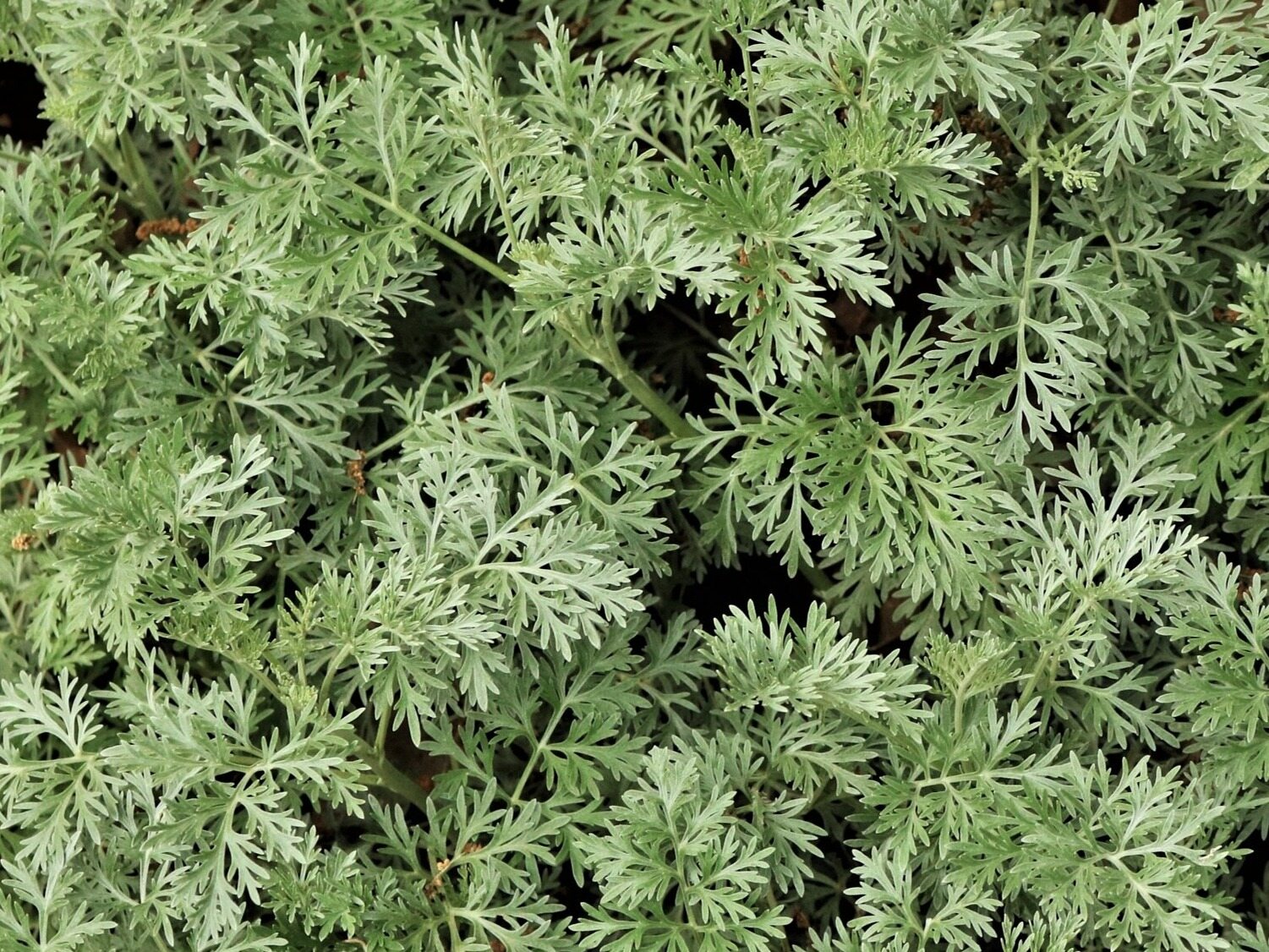Mugwort Christmas tree – health properties and uses

The mugwort Christmas tree is attracting more and more interest, mainly due to its health properties. Check what it helps and when to use it.
Artemisia abrotanum is a plant belonging to the Asteraceae family. In ancient times, it was believed to have the power to drive away evil spirits. Currently, the plant is valued primarily for its health properties. It often visits gardens. It repels moths and mosquitoes. It is also often used to treat various types of diseases and ailments.
What does the mugwort tree help with?
Mugwort contains hydroxycoumarins, free flavonols, flavonoids, pyrocatechin tannins, essential oils and phenolic acids. These substances support the functioning of the digestive system, especially the liver. They have a choleretic effect and improve the flow of secretions into the duodenum. At the same time, they slightly tighten the mucous membrane lining the digestive tract. They have anti-inflammatory and antibacterial properties. They are excellent at fighting various harmful microorganisms, for example streptococci responsible for causing tooth decay.
Mugwort is used in the prevention and treatment of diseases occurring in the bile ducts, including cholelithiasis and biliary dyskinesia (this term refers to all disorders of the motility of the gallbladder and bile ducts). The plant is also used in the treatment of gastric acidosis. This disease involves disruption of the production of hydrochloric acid in the digestive system (its amount is too low). As a result, digestive problems occur and various gastric symptoms occur, such as heartburn, nausea, vomiting, belching after meals, abdominal pain and colic.
The use of mugwort in medicine
Medicines with choleretic and bile-forming properties are made on the basis of mugwort. Most often, they take the form of liquids, less often herbal mixtures. Extracts from the plant are most effective. So far, it has not been found to cause any serious side effects. However, starting phytotherapy (treatment using herbal preparations) should always be consulted with the attending physician, who will assess whether there are any contraindications to the use of a given agent and recommend its appropriate dose, taking into account the health condition of a specific patient.






